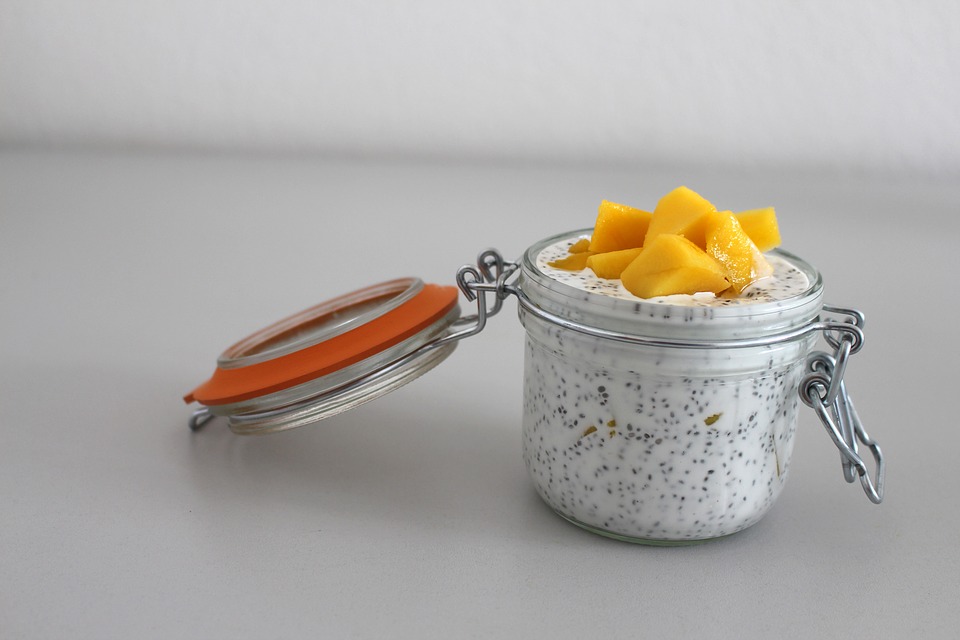This article was originally published on The Conversation and got picked up by the National Post.

The vast majority of doctors, naturopaths, dietitians and scientists all agree that having more omega-3 fats in our diet is good for our health.
There are three main omega-3 fats — alpha-linolenic acid (ALA), eicosapentaenoic acid (EPA) and docosahexaenoic acid (DHA) — and we can find them in many different foods.
We can get lots of ALA by eating ground flaxseed, chia seeds and walnuts, for example, while fatty fish such as salmon, mackerel and herring are rich in EPA and DHA.
These fats are also all available in over-the-counter supplements. Flaxseed supplements are high in ALA; fish, krill and algal supplements are high in EPA and DHA.
Despite their availability, evidence shows that most people in North America are not getting enough of these important fats in their diets. Low levels in our diet mean low levels in our bodies. And this may be linked with higher risk for a number of health complications, such as coronary heart disease and depression.
I find this disconnect to be intriguing. So nutrigenomics researcher Kaitlin Roke and I set about building a new online survey — to study what young adults know about omega-3 fats and their link to various health outcomes.
What do young adults know?
Developing this survey was important for a few reasons. First, it’s been a long time since a survey about dietary omega-3 fats was conducted. Second, the boom in social media means that people now get nutrition information from a lot of different sources in addition to health-care professionals. Third, many nutrition surveys are done with older adults.

However, dietary habits established as a young adult have a high chance of being maintained throughout a person’s lifetime. So we conducted our research with more than 800 young adult participants in the Guelph community.
The results showed that young adults are very aware of the different omega-3 fats and of their associated health benefits.
One of the key findings is that how people name the different omega-3s matters. On the one hand, young adults were more familiar with the term alpha-linolenic acid then the abbreviation ALA. On the other hand, these same individuals recognized the abbreviations EPA and DHA more than their scientific names.
This information is important for health-care professionals and companies selling dietary supplements, as talking to people in different ways about each of the omega-3s could lead to improved uptake of nutrition information.
Heart and brain health
Another key finding from this survey was that four out of five young adults recognized omega-3s as linked with heart, metabolic and brain health.
But here’s the kicker: While most young adults seem to know about the health benefits of omega-3 fats, only 40 per cent (two out of five) reported purchasing or consuming omega-3 foods. Only 21 per cent (one out of five) reported taking omega-3 supplements.
This study highlights the disconnect that exists between awareness of omega-3 health benefits and consumption of omega-3 fats. Now it’s time to brainstorm new ways to increase intake of these important dietary fats.
I am very interested in the new and exciting area of personalized nutrition. The idea behind this is that giving people access to their genetic information, specifically related to nutrient metabolism, may change their dietary behaviours.
Social media solutions
Another tool that could be used more often by health-care professionals is social media.
Indeed, our survey showed that many young adults use social media as a source of nutrition information. We just need to make sure that what’s on social media is accurate and based on scientific evidence.
What is clear is that there is no one solution to increase omega-3 levels in the general Canadian population. We will undoubtedly have to tailor dietary advice differently for different people.
But the good news is that young adults seem to know a lot about the health benefits of omega-3s. Now we just have to figure out how to get them to eat more of them.
![]() Do you want to know if you have enough omega-3 fats in your diet? Take a free quiz online.
Do you want to know if you have enough omega-3 fats in your diet? Take a free quiz online.